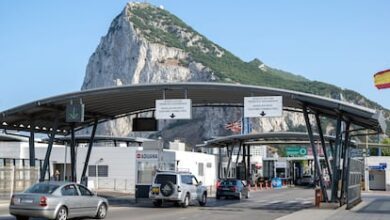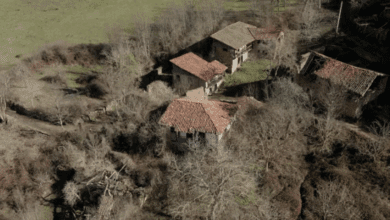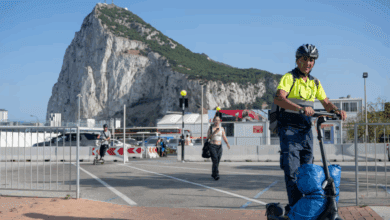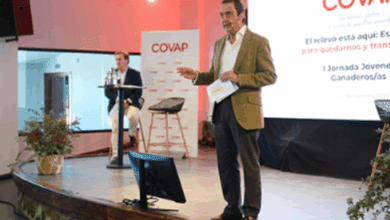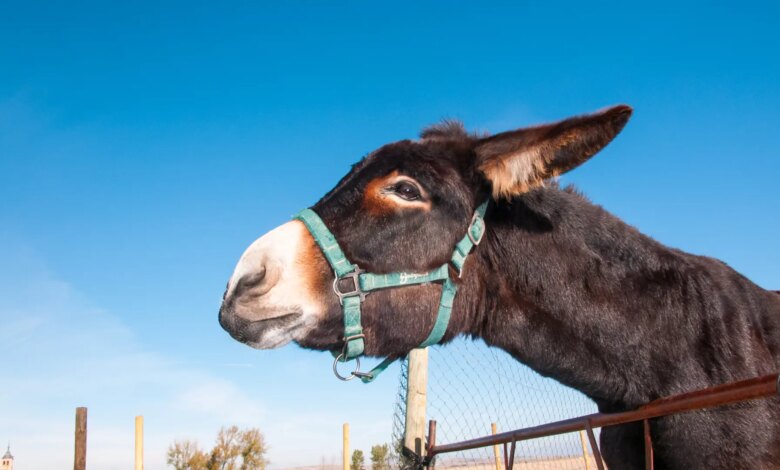
The summer of 2025 in Spain once again proved difficult due to large-scale wildfires. In August alone, the fire destroyed more than 25,000 hectares, and around 5,000 residents were forced to leave their homes. In search of new solutions for wildfire prevention, experts turned to past experience and discovered an unusual but effective method—using donkeys for fire prevention.
In Doñana National Park, located in Andalusia, a special unit has been operating for ten years, where 18 donkeys help create firebreaks. Under the supervision of staff from the association El Burrito Feliz, these animals regularly clear forest areas of dry grass, shrubs, and other vegetation that could fuel a fire.
The process follows a strict routine: donkeys are placed in specially fenced zones, about 30 to 40 meters long and 15 meters wide. Under supervision, the animals eat grass, branches, weeds, and even thorny plants within these areas, gradually clearing the territory of flammable material. After completing one section, the donkeys are moved to the next, creating a network of natural barriers to prevent the spread of fire.
Over the years that ‘donkey firefighters’ have operated in these areas, not a single major fire has been recorded. This demonstrates the effectiveness of the method, especially in hard-to-reach locations inaccessible to machinery. In addition, Doñana is an important natural reserve, home to rare animal species including the Iberian lynx, so preserving its ecosystem is particularly significant.
The donkey team differs from other animals used for similar purposes. Donkeys’ endurance allows them to go long periods without water, and their light weight means they do not compact the soil like larger livestock. Donkeys can also easily move across rugged terrain, where sheep or goats might get injured. Their calm nature and resistance to stress make them well-suited for working in heat and hazardous conditions.
Donkeys’ eating habits also play an important role. Unlike horses, which prefer only certain types of grass, donkeys eat branches, nettles, thorns, and even shrubs. This enables them to clear land efficiently, reducing the risk of fires. However, they require constant supervision to prevent them from damaging trees or disrupting the ecosystem balance.
The Donana experience has already attracted the interest of other regions in Spain. Specialists from the unit have consulted colleagues from Catalonia, Tarragona, Asturias, and the Basque Country. However, attempts to implement similar practices without proper preparation and oversight have led to failures. For example, in the Valencian Community, the lack of a professional approach resulted in the death of 20 donkeys, highlighting the importance of competent organization and continuous supervision.
Despite the successes, experts emphasize that donkeys cannot fully replace machinery and people. Ideally, land clearing is done with machines, but in dense forests and hard-to-reach areas, animals become indispensable helpers. Donkey teams complement the work of people and equipment, providing forest protection where other methods are ineffective.
The Spanish experience shows that combining traditional knowledge with modern approaches can deliver unexpected and effective solutions for environmental protection. In the context of climate change and the rise in wildfires, such initiatives are becoming increasingly relevant across the country.



